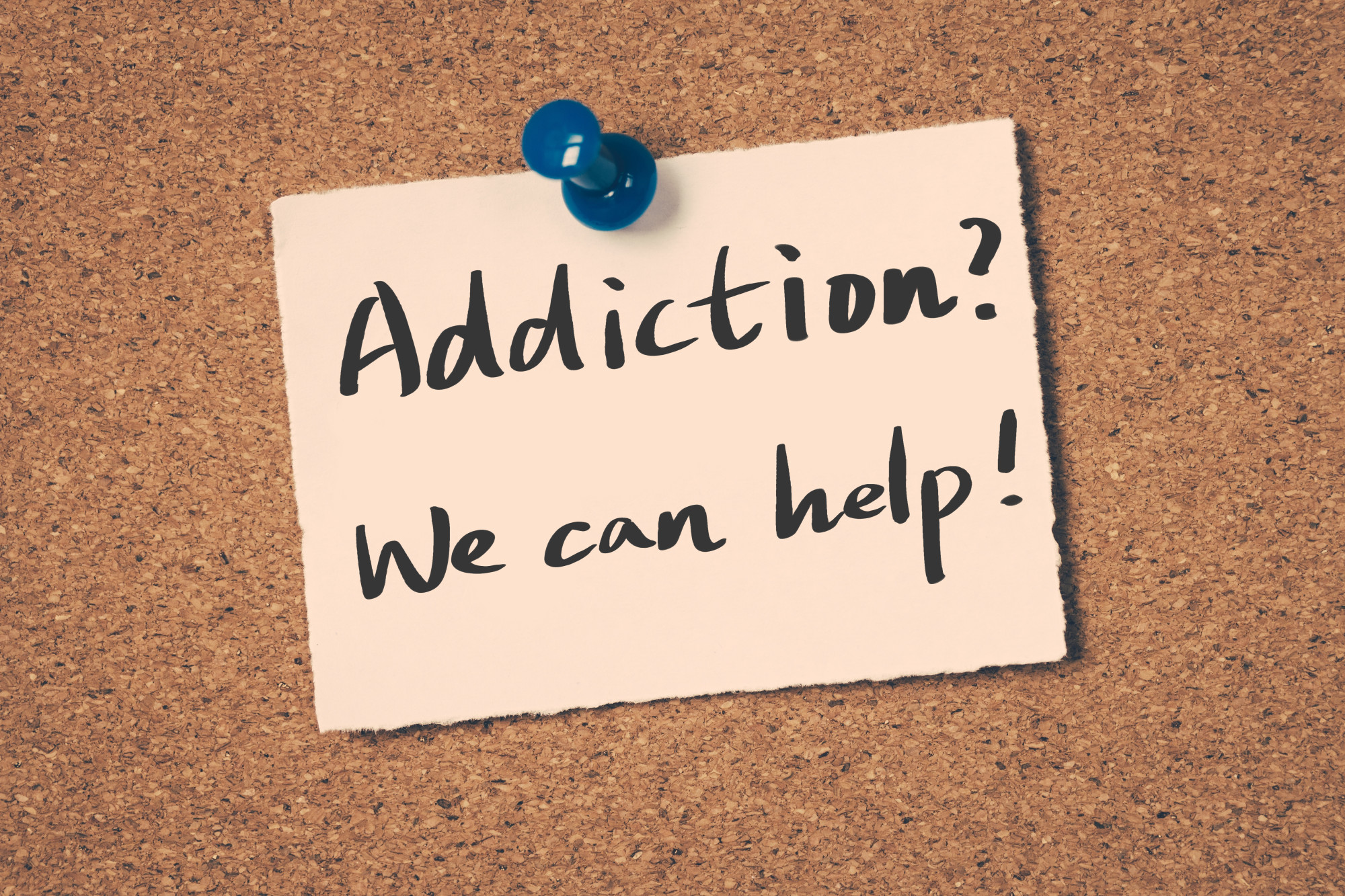
Watching a loved one suffer from the ravages of addiction is heartbreaking, and it’s all-too-common. After all, almost 70,000 people died from drug overdoses between February 2018 and 2019.
What’s more, addiction usually goes hand in hand with other mental conditions like depression. Fortunately, there are things you can do to help the sufferers of addiction and depression find their way.
Keep reading to learn how to help someone with drug addiction and depression.
1. Know The Enemy
What is opioid addiction and what is it doing to your loved one?
The first thing you need to understand about addicts is that they aren’t enjoying the situation any more than you are.
Chances are you’re feeling frustrated by their inability to stop, and their denial of the situation. Try to keep your emotions in check when dealing with your loved one.
Remember, addiction is considered a disease, so opt for a supportive attitude while you’re interacting with an addict.
2. Get Support
Dealing with all of this is bound to take its toll on you too, so make sure you have someone to talk to about your difficulties.
A counselor, or institution like Narc-Anon, will provide you with good advice on how to cope with the addiction of a loved one.
3. Be Firm but Kind
While it’s important to understand addiction from the disease-perspective, a little tough love goes a long way towards pointing your loved one in the right direction.
Once they understand that there are consequences to their actions, they’ll be more likely to start seeing the light.
4. How to Help Someone With Drug Addiction and Depression Get Help
It’s important to build trust with your loved one so that they don’t feel threatened opening up to you about the real issues plaguing them.
Despite their denials and belief that they can control their situation, the addict usually knows that they’re in deep trouble long before they’ll admit it.
When someone trusts that they can open up to you without fear of rejection, they’re more likely to open up about their addiction.
All addicts are afraid of the discomfort associated with drug withdrawals. Explain to them that a treatment center is their best hope to avoid these dangerous consequences.
If they trust you enough, they’ll eventually agree with this course of action.
5. How to Help an Addict in Treatment
Time spent in a rehabilitation facility is an intensely personal period and you should try to act in a purely supportive role during this time.
Counselors may call on you for input, but it’s important to avoid throwing blame and bringing up your painful past in these situations. Describe your feelings and experiences in a constructive way, without lashing out.
You can rest assured that you’re loved one is receiving the best care for their individual situation.
6. Supporting Recovery
When your loved one’s discharged from the treatment center, there’s still a long road ahead.
Focus on keeping them busy and engaged in productive activities so that they may continue enjoying their sobriety for years to come. Avoid situations that may trigger a relapse.
Understanding Addiction
Dealing with addiction is a complex process and you’ll often feel totally out of your depth. You’ll need to harness all the resources you can find to help them get through this.
Our website is a great resource for more guidance on how to help someone with drug addiction and depression.
Keep reading for more insights into everything related to addiction.

